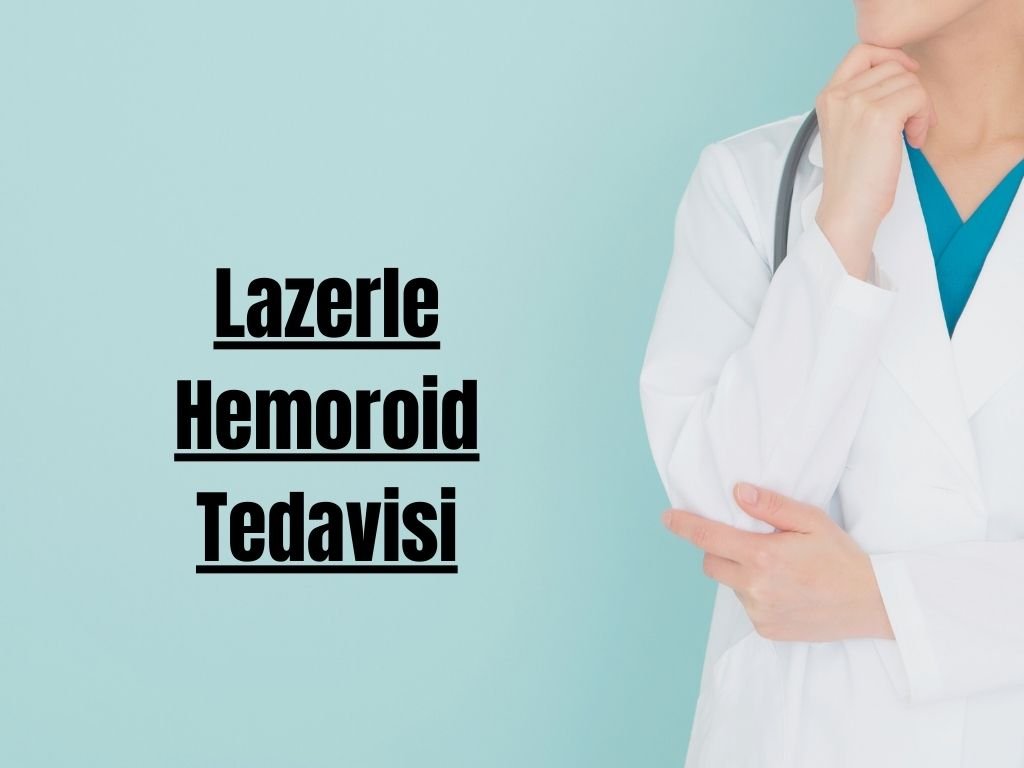What Is Mesotherapy? What Is It Used For?
Mesotherapy is a treatment protocol used for addressing skin, hair, and body-related problems by delivering active substances such as vitamins, minerals, amino acids, and enzymes into the target tissue through micro-injections. Developed by French physician Dr. Michel Pistor, this method is widely used in both aesthetic and medical fields.
Main Purpose of Mesotherapy
The goal of mesotherapy is to act directly on the problem area by regulating circulation, stimulating cell regeneration, and nourishing the tissues. Depending on the application area, it can be used for different purposes such as skin rejuvenation, hair loss prevention, body slimming, or cellulite treatment.
What Is Needle-Free Mesotherapy?
Needle-free mesotherapy is an alternative to the traditional injection method and is performed without using needles. In this technique, mesotherapy solutions are delivered under the skin using technologies such as electroporation, sonophoresis, cryotherapy, or oxygen injection. This allows for a non-invasive, painless, and quick application.
How Is Needle-Free Mesotherapy Performed?
During the procedure, the skin’s permeability is temporarily increased using special devices, allowing the active ingredients to penetrate beneath the skin. The following methods are commonly used:
- Electroporation: Increases cell membrane permeability through electrical pulses.
- Sonophoresis: Uses ultrasound waves to deliver molecules under the skin.
- Cryotherapy: Enhances product penetration by constricting blood vessels through cold exposure.
Advantages of Needle-Free Mesotherapy
- Suitable for individuals who fear needles or pain.
- No downtime is required after the procedure.
- Minimal risk of infection.
- Can be safely used on sensitive areas such as the face, neck, décolleté, and hands.
When Is It Preferred?
Needle-free mesotherapy may be applied in the following situations:
| Application Area | Purpose |
|---|---|
| Skin rejuvenation | Boost collagen production, preserve elasticity |
| Spot treatment | Reduce melanin production |
| Under-eye dark circles | Improve microcirculation |
| Hair loss | Revitalize hair follicles |
| Cellulite | Support lymphatic drainage |
| Dry skin | Restore moisture balance |
Who Is a Suitable Candidate for Mesotherapy?
Mesotherapy can be applied to individuals with good general health and no chronic skin conditions. The most common candidate groups include:
- Individuals over 25 who need skin rejuvenation
- Those with stretch marks after pregnancy
- People experiencing increased hair loss during seasonal changes
- Those who wish to reduce signs of aging without undergoing aesthetic surgery
Note: Despite its popularity, mesotherapy should be preceded by an evaluation from a dermatologist or medical aesthetics specialist.
Areas of Application for Mesotherapy
Mesotherapy can be used on various parts of the body for different purposes:
- Face and Neck: Improve skin quality and delay signs of aging
- Eye Area: Treat dark circles, puffiness, and fine lines
- Scalp: Prevent hair loss and promote hair growth
- Abdomen and Hips: Reduce localized fat and cellulite
- Arms and Legs: Support skin elasticity and reduce stretch marks
How Often Should Mesotherapy Be Performed?
Frequency depends on individual condition and goals. A typical program is as follows:
| Treatment Area | Recommended Frequency |
|---|---|
| Skin rejuvenation | Every 2 weeks, 4–6 sessions total |
| Hair loss | Weekly, 8–10 sessions total |
| Spot treatment | Every 2 weeks, 6 sessions total |
| Cellulite | Weekly, 8 sessions total |
Maintenance sessions are typically performed every 2–3 months.
Are There Any Side Effects of Mesotherapy?
As with any medical procedure, mesotherapy may cause mild and temporary side effects:
- Mild redness at the application site
- Swelling or bruising (more common in needle-based mesotherapy)
- Itching or tingling sensation
- Rare allergic reactions
These side effects are generally not observed in needle-free mesotherapy.
Is Mesotherapy a Permanent Solution?
Mesotherapy results can be long-lasting, but permanence depends on lifestyle, genetics, and skincare habits. Regular maintenance sessions and healthy living are recommended to sustain the effects.
Mesotherapy is a supportive method for skin and hair health. It can be used safely in anti-aging care, combating hair loss, and reducing the appearance of cellulite. With its needle-free alternatives, it also offers a comfortable treatment option.
Types of Mesotherapy
Mesotherapy is classified based on the application area and techniques used:
- Aesthetic Mesotherapy
Applied for aesthetic purposes such as skin rejuvenation, spot treatment, and wrinkle reduction. Usually used on the face, neck, décolleté, and hands. - Medical Mesotherapy
Used as a supportive treatment for medical problems such as pain management, rheumatic diseases, sports injuries, and circulatory disorders. - Hair Mesotherapy
Applied to the scalp to nourish hair roots, reduce hair loss, and promote new hair growth. Effective in both men and women. - Localized Slimming Mesotherapy
Aims to reduce localized fat by breaking down fat cells. Especially preferred for the abdomen, hips, and thighs.
Differences Between Mesotherapy and Other Aesthetic Methods
| Feature | Mesotherapy | Laser Applications | PRP (Platelet-Rich Plasma) |
|---|---|---|---|
| Application Method | Injection / device-aided | Light energy | Using patient’s own blood |
| Effect Onset | Starts in 1–2 weeks | Results in 4–6 weeks | Starts within 3–4 weeks |
| Target | Deep skin nutrition | Collagen stimulation | Cell regeneration |
| Application Area | Wide (skin, hair, body) | Limited (mainly face) | Mainly face and scalp |
Post-Mesotherapy Care Tips
Since the skin may become sensitive after mesotherapy, certain precautions are recommended:
- Avoid water contact for the first 24 hours.
- Refrain from using makeup or harsh cosmetic products.
- Use sunscreen and avoid direct sun exposure.
- Postpone sauna, Turkish bath, and steam rooms for 2–3 days.
- Avoid intense exercise on the day of the procedure.
Who Should Not Undergo Mesotherapy?
Mesotherapy is not recommended in the following cases:
- Pregnancy and breastfeeding
- Use of blood thinners
- Active skin infections or open wounds
- Autoimmune diseases
- History of allergies (especially to the ingredients used)
A comprehensive medical history must be taken before treatment.
Frequently Asked Questions (FAQs)
Is mesotherapy permanent?
No, mesotherapy is not a permanent solution. However, its effects can be prolonged with regular sessions and maintenance. Repeat treatments are usually recommended every 6 months.
Is needle-free mesotherapy as effective as the needle-based one?
Needle-free mesotherapy is a more comfortable option, but its penetration into deeper skin layers is limited. It is highly effective for mild and surface-level concerns, while needle-based mesotherapy is preferred for more advanced signs of aging.
Can you return to social life immediately after mesotherapy?
Yes. Since mesotherapy is a minimally invasive procedure, patients can usually resume their daily life right away. There may be mild redness or sensitivity for a few hours after the treatment.
All content on this site is for informational purposes only and is based on scientific sources valid as of the date of publication. If you experience any symptoms, or require diagnosis or treatment, please consult your physician or an authorized healthcare institution.




